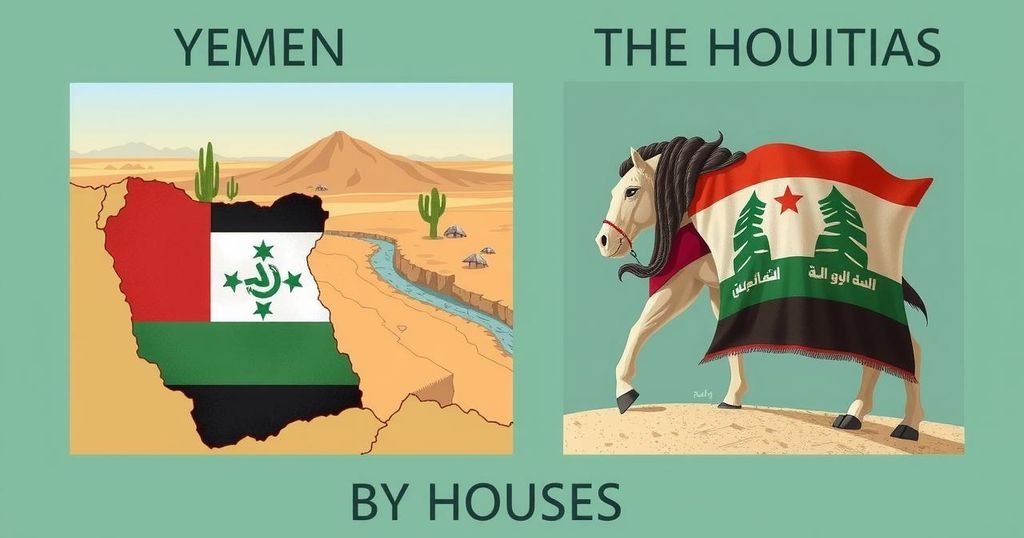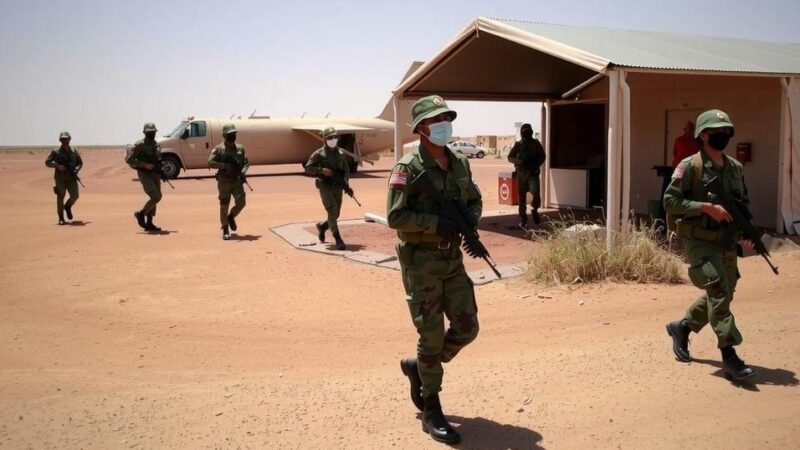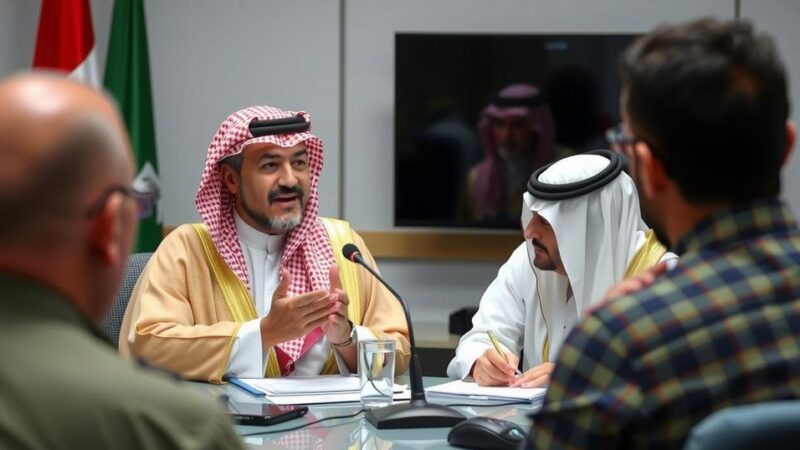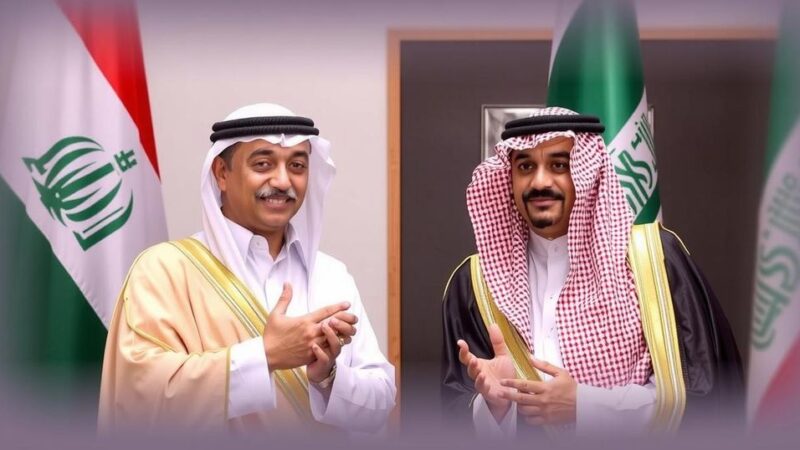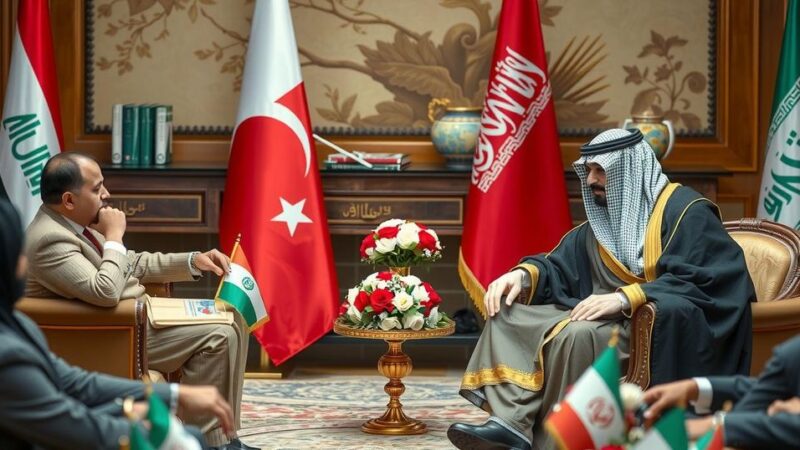The Houthis, controlling Sanaa, have launched missile attacks on Israel, prompting a re-evaluation of their role as not just a militant group but as a governing entity of a rogue state. This discernment could guide Israel’s international strategy in dealing with ongoing threats to regional and economic security.
Early Saturday morning, a ballistic missile launched from Yemen struck a residential area in Jaffa, injuring 16 civilians of both Jewish and Arab descent. This attack followed another missile launch from Yemen just two days earlier, which damaged a school in Ramat Gan without causing any casualties. Despite Israel’s retaliatory strikes on various Yemeni sites associated with missile operations, including ports and military installations, the persistent threat from Yemen remains a significant concern.
The city of Sanaa, Yemen’s capital, has been under the control of the Ansar Allah group, commonly referred to as the Houthis, for over a decade. Their declarative slogan, which openly expresses anti-Semitic sentiments, reflects a troubling ideological foundation. Subsequently, the Houthis, acting under what seems to be Iranian directive, have intensified their military efforts, launching over 130 attacks to disrupt international trade in the Red Sea since the commencement of the Israel-Hamas conflict.
In terms of regional power dynamics, it is crucial to differentiate the Houthis from other Iranian-aligned factions in Iraq and Lebanon. Unlike these militias, which operate within governmental frameworks without full control over their states, the Houthis represent a governing authority that claims to represent the Republic of Yemen. This distinction indicates that they function as a rogue state rather than a disparate terrorist group, undertaking actions that threaten regional and international stability.
Furthermore, the political landscape of Yemen is complicated by the presence of another internationally recognized government in the south, which lacks effective control over Yemen’s capital and military. Yet historical precedents illustrate that shifts in governance often lead to evolving international recognition, as seen with the Taliban in Afghanistan. Israel may benefit from adjusting its perspective to view the Houthis as a state declaring military aggression rather than merely a terrorist group, which could invoke more appropriate legal implications regarding sovereignty and self-defense.
Ultimately, treating the Houthis as a pariah state that poses a genuine threat to both the regional and global equilibrium could significantly influence international diplomacy. This perspective may assist in formulating effective strategies to counter the Houthi threat through established international channels.
The ongoing crisis in Yemen features the Ansar Allah organization, known as the Houthis, who have controlled the capital Sanaa for over a decade. Their recent missile attacks on Israel mark a troubling escalation in the regional conflict, connecting the actions of the Houthis to broader geopolitical dynamics involving Iranian influence in the Middle East. The complex relationship between the Houthis and other international actors prompts a need for a nuanced understanding of this conflict, particularly concerning issues of statehood, terrorism, and international law.
In conclusion, recognizing the Houthis not merely as a radical group but as a self-declared governing body is crucial for reassessing regional security strategies. Israel’s response to the missile threats from Yemen should involve a reframing of the Houthis’ identity as a rogue state, deserving of an appropriate legal and political approach. This paradigm shift could catalyze international cooperation aimed at addressing the threats posed by the Houthis to both regional stability and global economic interests.
Original Source: www.jpost.com

